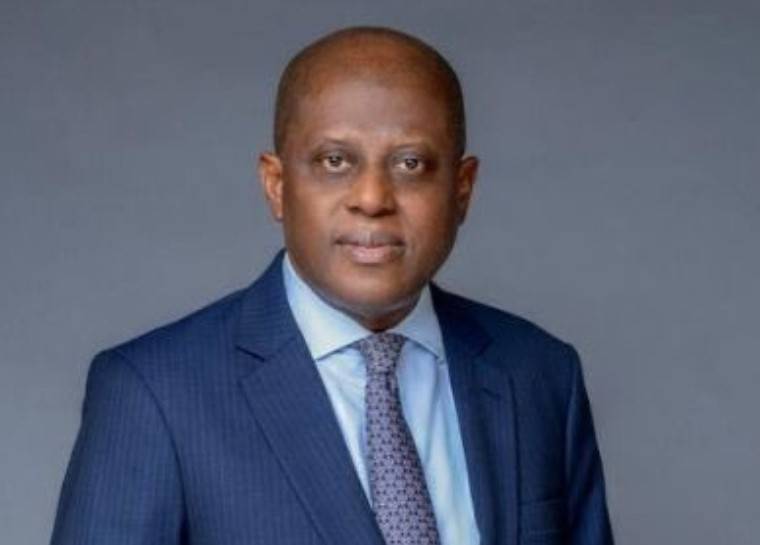At least 1,500 members of staff of the Central Bank of Nigeria will on Friday resume at its Lagos office following their redeployment from the headquarters, according to The Punch.
A source at the apex bank told our correspondent exclusively that the plan, though heavily criticised, was still in motion, and affected staffers would be resuming on Friday.
“Yes, the plan is still on and they will resume work by February 2, which is the first week of next month,” an official said.
The latest development comes on the backdrop of the decision of the new management to relocate some of CBN’s departments to the country’s economic hub for staff safety, increased productivity, and to decongest its head office.
CBN said the action was necessitated by several factors, including the need to align the bank’s structure with its functions and objectives and redistribute skills to ensure a more even geographical spread of talent.
It added that it was also in compliance with building regulations, as indicated by repeated warnings from the facility manager, and the findings and recommendations of the Committee on Decongestion of the CBN Head Office.
A memo issued to staff read, “This is to notify all staff members at the CBN Head Office that we have initiated a decongestion action plan designed to optimise the operational environment of the Bank.
“This initiative aims to ensure compliance with building safety standards and enhance the efficient utilisation of our office space.”
According to reports, the departments penciled down for relocation by the CBN governor Yemi Cardoso include Banking Supervision, Other Financial Institutions Supervision, Consumer Protection Department, Payment System Management Department, and Financial Policy Regulations Department.
Although the Northern Elders Forum and some other Northern groups had condemned the move, our correspondent gathered that the CBN governor was committed to implementing it, as it is expected to reduce the HQ occupancy level to 2,733 personnel from 4,233.
Another source told the PUNCH that some of the affected staffers had started relocating to Lagos.
“Some have already gone ahead. Over 80 per cent of the Banking Supervision Department staff have been redeployed and the same for the Payment System Department,” the source hinted.
The NEF had, in a statement, expressed worry over the potential negative impact of relocating those essential departments on both the institution itself and the country as a whole.
“The movement would involve increased costs, loss of talent, disruption in operations, reduced coordination, regional economic disparities, impaired economic development in Northern Nigeria, and decreased investor confidence in the nation’s economy.
“Therefore, relocating them entirely to Lagos will only serve to further strengthen the already dominant position of Lagos, while potentially weakening the significance and role of Abuja,” it claimed.
More so, the Chief Whip of the Senate, Senator Ali Ndume, warned that there would be “political consequences” if the plan to relocate some departments of CBN as well as the corporate headquarters of Federal Airports Authority of Nigeria to Lagos were implemented.
He said, “Those misleading the President are not doing him any good because this is going to have some political consequences. If Tinubu were not elected president, the CBN governor would not be there. It was not Lagos votes that put Tinubu there.”
Northern senators and youths also expressed displeasure over the move, which they claimed was a calculated move to short-change the North.

 Boss Picks4 days ago
Boss Picks4 days ago
 Opinion6 days ago
Opinion6 days ago
 Events4 days ago
Events4 days ago
 Opinion4 days ago
Opinion4 days ago
 Adding Value5 days ago
Adding Value5 days ago
 Featured5 days ago
Featured5 days ago
 News5 days ago
News5 days ago
 Headline3 days ago
Headline3 days ago














